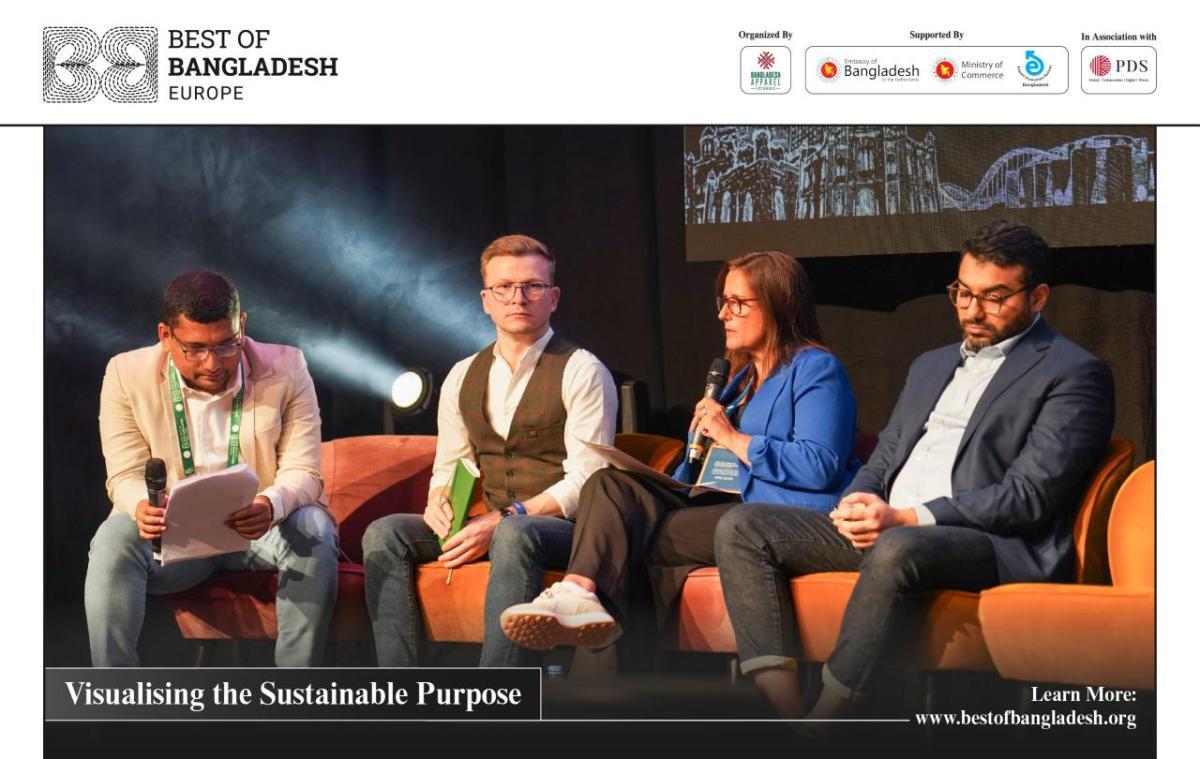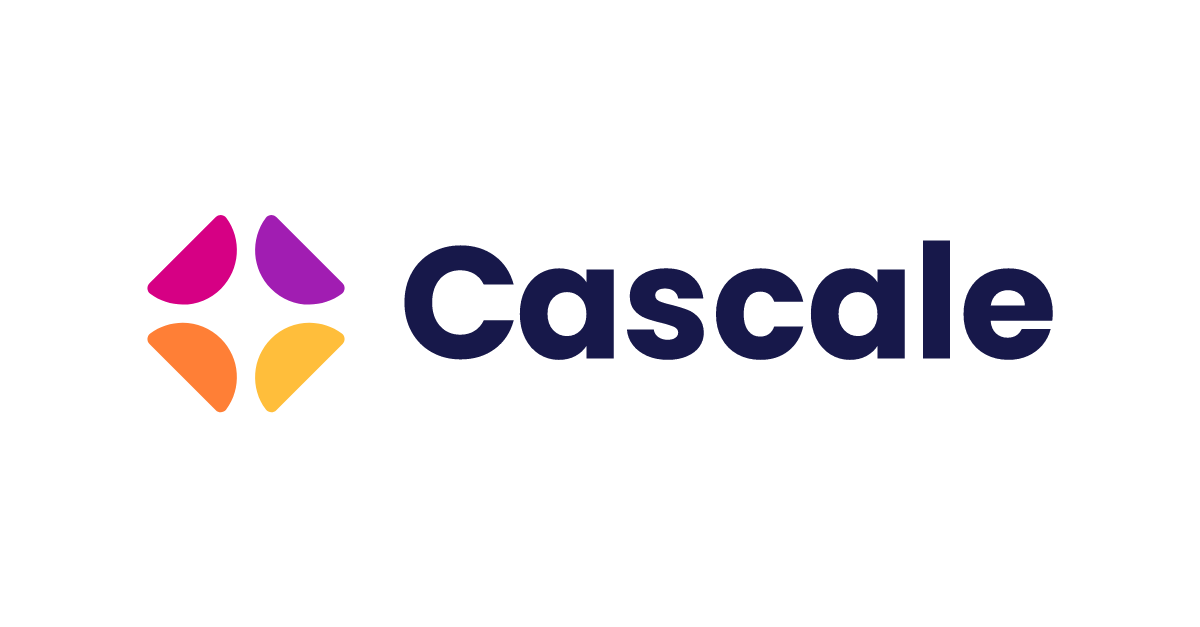Sustainable Apparel Coalition Joins Best of Bangladesh Discussion on Sustainable Practices To Address Fashion Industry Impacts

At a recent event hosted by Best of Bangladesh in Amsterdam, Lisa Domoney, SAC’s Senior Director of Membership and Corporate Engagement, discussed “Sustainable Sourcing Realities: Challenges, Achievements, and Next Steps” on a panel moderated by Omar Gias, Director, Strategic Engagement at the Bangladesh Apparel Exchange. The focus of the discussion was to explore how sustainable practices can combat critical issues related to the fashion industry’s environmental and social impact, especially in light of its rapid growth.
“The event was filled with optimism and hope,” Domoney said. “It celebrated the successes and incredible progress made in Bangladesh over the last decade, but that there is still a long way to go.” She was joined by Andrei Vasiliev, Responsible Sourcing/Social Impact Manager for Bestseller, Syed Tanvir, Managing Director of Pacific Jeans Limited, Joris Aperghis, CEO of WE Fashion, Rensje Teerink, Deputy Director of the Asia-Pacific Department at EEAS, Willeke Hendriks, Director of Global Sourcing & Product Development at G-Star RAW, and Karin Reimerink, CR Senior Director at PVH Europe.
The session was a pivotal moment for addressing the ethical considerations and responsible sourcing practices that are essential to transformation of the apparel industry sustainably. Vasiliev highlighted the importance of protecting worker rights and detailed how Bestseller has empowered more than 20,000 women in Bangladesh through the RISE program. Tanvir shared the impact of sustainability initiatives such as water recycling and clean energy, as well as the work that Pacific Jeans is doing in Bangladesh to provide university scholarships to women workers and vision care for all. Aperghis called for consumer education on sustainability and the benefits of legislation to support these goals, while highlighting the work that WE Fashion is doing on sustainability for the brand. Teerisk also called for clear legislation and explained how the EU is moving towards carbon neutrality, while exploring how developing economies with large textile industries can be supported in their transition to more sustainable manufacturing practices. And Hendriks shared the strategies that G-Star has embraced to reach a 30% GHG reduction by 2030, including producing locally and choosing more sustainable materials.
Domoney underscored the SAC's vital role and vision for the industry, emphasizing the work of member companies that use the Higg Facility Social & Labor Module (FSLM) and the Higg Facility Environmental Module (FEM) to achieve social and environmental goals, as well as the SAC’s unwavering commitment to collaborative efforts that drive positive change. Her presentation was complemented by Reimerink’s discussion of PVH Europe’s ethical sourcing program, which utilized the Higg FEM to establish baseline data, as well as their collaboration with Better Work.

